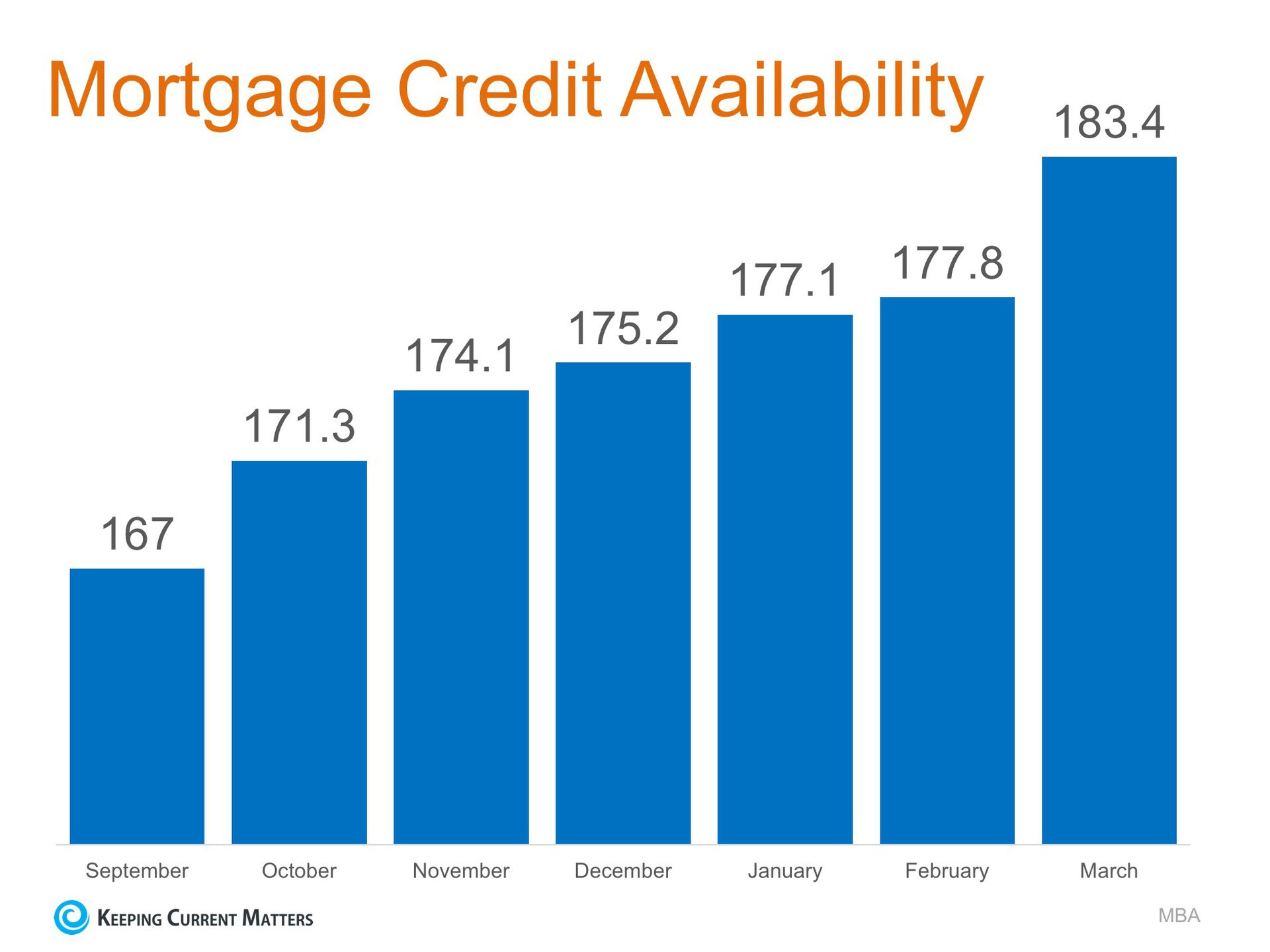Daily Real Estate News/Tuesday, April 18, 2017 (TAX DAY!)
 This article covers some important facts for homeowners. Learn about what deductions you may qualify for at tax time. Tuck this one away for future reference.
This article covers some important facts for homeowners. Learn about what deductions you may qualify for at tax time. Tuck this one away for future reference. Mortgage interest deduction: Itemizing homeowners can deduct the interest they pay on their mortgage up to $1 million—or $500,000 if married but filing separately. The deductions can be made for loans issued to buy, build, or improve your home, and can apply to a house, trailer, or boat as long as it serves as your residence. A second mortgage, home equity loan, or home equity loan of credit to improve your home or buy a second home can also be included toward that $1 million limit.
Property tax deduction: The real estate property taxes paid can be another chunk of a deduction. For homeowners who purchased a home this year, they’ll want to check their HUD-1 settlement statement to see if they paid any property taxes when they closed on the purchase of the home.
Prepaid interest deduction: The prepaid interest, or points you paid when you took out your mortgage, is also deductible in the year you paid it too. This could apply to homeowners who refinanced their mortgage and used the money for home improvements. You can also deduct the points if you refinanced to get a better mortgage rate or shortened the length of your mortgage, but the deduction of the points must be over the life of your mortgage. See an example at HouseLogic.com.
PMI and FHA mortgage insurance premiums: The costs of private mortgage insurance can be deducted on loans taken out in 2007 or later. There are some stipulations, particularly if your adjusted gross income is more than $100,000, on how much you can deduct. Government insurance from the FHA, VA, and Rural Housing Service can also be deducted, but varies among agencies.
Vacation-home tax deductions: If the vacation home is used only by you, you can deduct the mortgage interest and real estate taxes. That means the home is not rented out for more than 14 days a year. If the home is rented out for more than that and used by yourself for less than 15 days, the home is classified like a rental property. Expenses are then deducted on IRS form Schedule E.
Energy-efficiency upgrades: Some energy-efficient upgrades may be eligible to be deducted via the Nonbusiness Energy Tax Credit. Among the upgrades that may qualify for the credit include: Biomass stoves; heating, ventilation, and air conditioning; insulation; roofs (metal and asphalt); water heaters (non-solar); and windows, doors, and skylights.
Source: “Are You Getting the Home Tax Deductions You’re Entitled To?” HouseLogic (2017)



